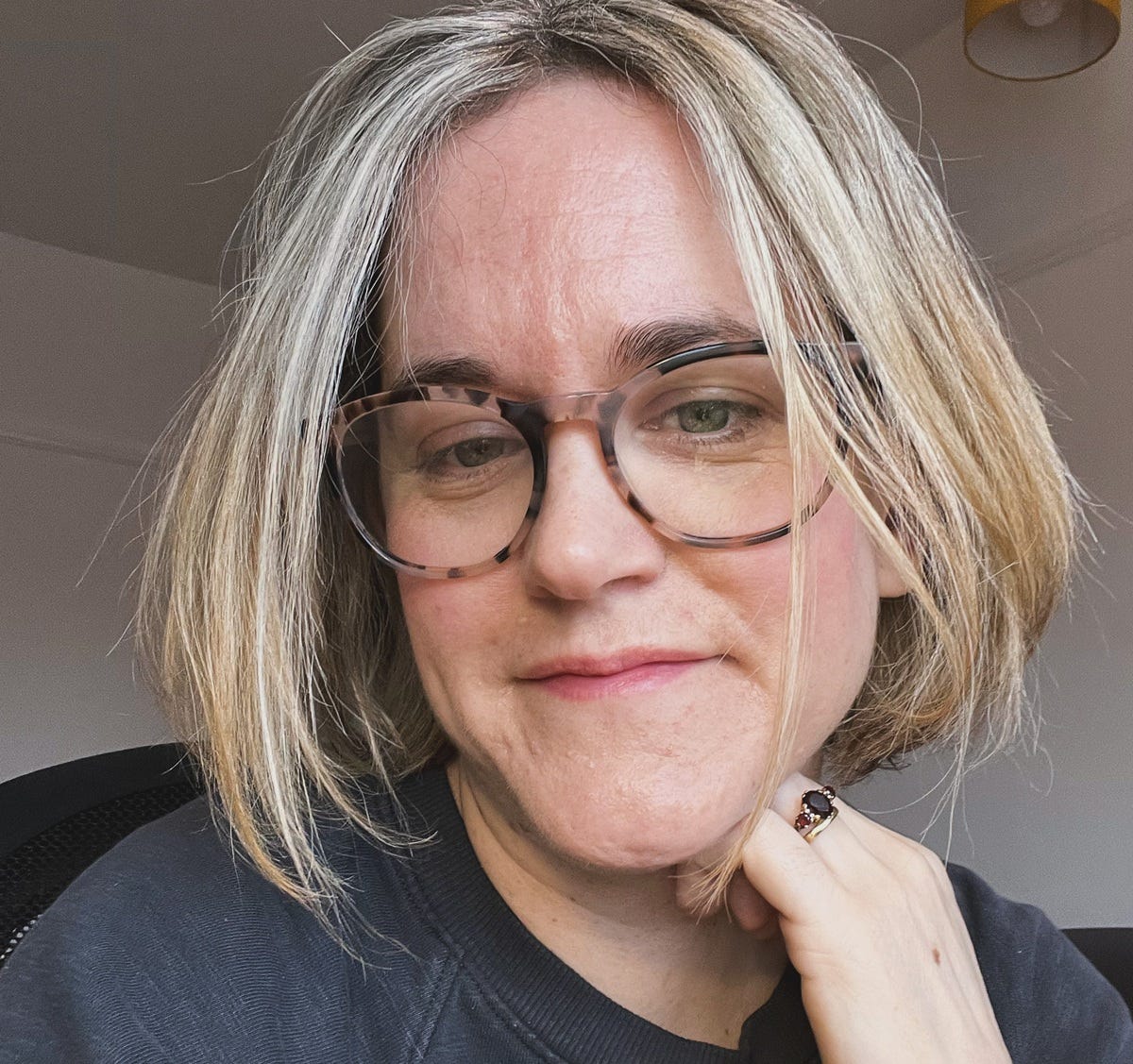My award-winning journalism gives a voice to those ignored by the mainstream
Stories for The Lead win in two categories at the Freelance Journalism Awards 2025
As a freelance journalist, working alone from a small desk at home, it can be hard to know whether your work really has any impact. Social media is great for finding an audience, but it is powered by an algorithm that rarely rewards deep work on complicated social issues. Stripped of the structure of a large national newsroom, and working without the formal rungs of a career ladder to climb, every story can feel like both a success and failure.
Often I pitch stories on issues I really believe in, only to be met by multiple editors with indifference; the email equivalent of a shrug. The subjects that get me excited are still considered “too worthy” or not “relatable” enough for a general audience - even though they’re often the same issues that also cost the taxpayer the most money.
That’s why, when it was recently announced that I had won two awards at the Freelance Journalism Awards 2025, I was absolutely delighted that the judges for both categories had highlighted pieces I had submitted published by The Lead. My analysis of the treatment of children in prison during the covid lockdowns was named news story of the year, and I was awarded opinion writer of the year for a selection of pieces which also included a piece on the multiple failures of the DWP.
The judges noted that these pieces gave a voice to “a very marginalised cohort” and had “genuine potential to change minds”.
As a freelancer it’s rare to get any feedback at all on our work (the pace of work in a newsroom means these nice conversations just never happen), so to hear such an endorsement of what keeps me in journalism is wonderful on a personal level - but it’s also a huge reminder of the importance of The Lead, and other small, community-driven titles, in changing our media landscape.
For every editor who thinks that the child prisoners are too niche to be a top priority there is a mother whose incarcerated child has been cruelly kept from her, a young mind being destroyed by brutal treatment by the authorities or a teacher who needs to be able to understand the reality of the criminal justice system to help keep his pupils out of it. These stories were never ‘unrelatable’ to a whole host of potential readers who have been forgotten by our mainstream titles - and who deserve better than the rhetoric of the far right as a balm for the pain that public service cuts are causing to them and their communities.
The arrival of AI and the dawn of the fourth industrial revolution is concerning many, but growing possibility for communities to tell their stories to and for each other is something to be celebrated.
Thank you for supporting a title that makes this tricky work possible, and a huge thank you to the editors who believe in public service journalism. ■
If you’ve enjoyed hearing from Hannah and reading her stories then consider subscribing to The Lead or sharing this so others can read it to.





I much regret I cannot subscribe to all the quality alt media inc the Lead. I already subscribe to several but we need some consolidation in the sector. Most of us cannot afford the time or £ to subscribe to all. We need fewer but stronger together alt media to counteract the main media owned or controlled by billionaires.
I regret